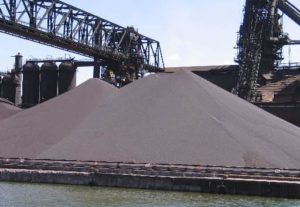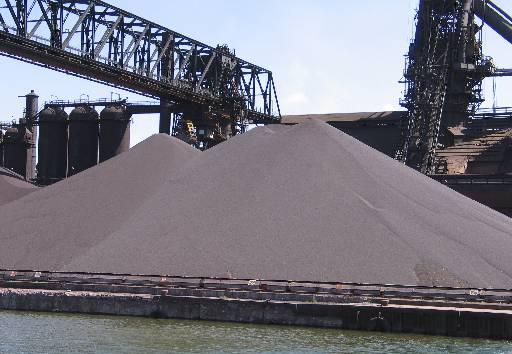 The International Monetary Fund (IMF), World Trade Organization (WTO), and International Chamber of Commerce (ICC) have issued separate statements of concern following the announcement by U.S. President Donald Trump that the United States would start imposing steep tariffs on steel and aluminum imports.
The International Monetary Fund (IMF), World Trade Organization (WTO), and International Chamber of Commerce (ICC) have issued separate statements of concern following the announcement by U.S. President Donald Trump that the United States would start imposing steep tariffs on steel and aluminum imports.
On March 1, President Trump declared that he planned to impose a 25% tariff on steel imports and a 10% tariff on aluminum imports, triggering global criticism and a slide in world stock markets.
IMF spokesperson Gerry Rice has issued a one-paragraph statement in response:
“The import restrictions announced by the U.S. President are likely to cause damage not only outside the U.S., but also to the U.S. economy itself, including to its manufacturing and construction sectors, which are major users of aluminum and steel. We are concerned that the measures proposed by the U.S. will, de facto, expand the circumstances where countries use the national-security rationale to justify broad-based import restrictions. We encourage the U.S and its trading partners to work constructively together to reduce trade barriers and to resolve trade disagreements without resort to such emergency measures.”
WTO Director General Roberto Azevedo also expressed concern at Trump’s plan, an extremely rare intervention into a WTO member’s trade policy.
“The WTO is clearly concerned at the announcement of U.S. plans for tariffs on steel and aluminum. The potential for escalation is real, as we have seen from the initial responses of others,” he said in a brief statement issued by the WTO. “A trade war is in no one’s interests. The WTO will be watching the situation very closely.”
Meanwhile ICC Secretary General John Danilovich said: “There will be no winners from a trade war. Open markets are—and remain—the key driver of economic growth, prosperity and job creation across the world. Families struggling to make ends meet will be hardest hit by any new tariffs which will inevitably push up prices at the till and restrict consumer choice. In a globalized world trade is not a zero-sum game—and policy decisions must reflect this reality.”
He added: “We encourage the U.S. administration and its trading partners to seek alternative means to address the longstanding issue of excess capacity in the steel and aluminum markets. Recent years have seen a notable decline in trade distorting measures in these sectors and further progress can only be made through enhanced multilateral dialogue. Rising trade tensions must not become an excuse for recklessness: we urge all governments to act within the bounds of existing WTO rules and to commit to accelerated talks under existing international processes.”
Photo: Lars Lentz





